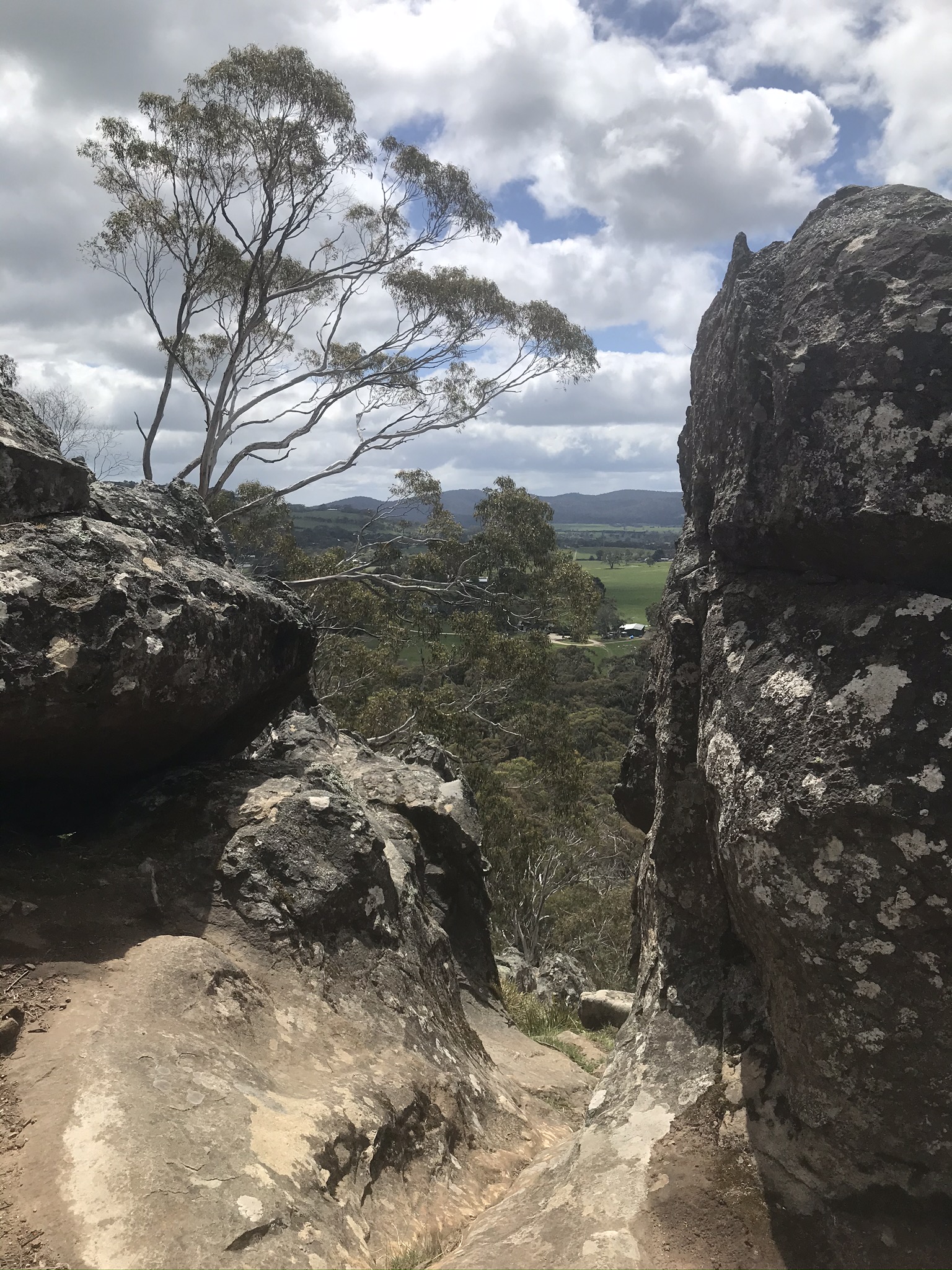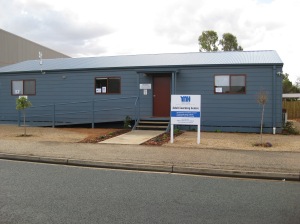Finally I have come to The End. My first draft of my first manuscript is done.
It is just short of 50,000 words so probably well underwritten for a family saga told over a couple of generations. The story is all there but it will need more detail and description. And probably more dialogue as well. So whilst I know this, I feel like I have been writing it for so long that I need to take a break and focus on something else for a while.
There is a lot of it that I am not happy with. The end for one thing. I really need to get some advice from other writers and probably professional editors. But for the moment I am just happy that I have proven to myself that I could write a full 50,000 word manuscript. Whilst it is very rough, I think it is a good story worth telling.
The story is based on my family history and is set at Hanging Rock in the last half of the 19th Century. There are convicts and conflicts and many things in between. The main protaginist comes to Port Phillip as a Ticket of Leave convict and settles at the Rock and eventually the rest of his family immigrate to join him. It is the story of his struggles to be seen as a respectable citizen amongst a feuding family and a feuding community.





So now the manuscript will be consigned to the “bottom drawer” for a month or two so that I can get some distance from it and then start work on the second draft.
Whilst that happens I will work on some short stories, enter some competitions and work on my Author platform. It seems rather presumptious to think that I need an Author platform, when I don’t have any published work, except for my self published blogs. But all the best advice points to the importance of developing a platform sooner rather than later. So I am off to work on my new website and try to build my profile on social media.
I also need to do more research. I have found that even though I have been researching my family history and writing my ancestors stories, I still don’t know enough. I have read many history books from the region and time, accessed newspapers from the time and read other sources written at the time. But I still need more information to add the required detail. Good historical writing depends on deep and wide research.




 Consider the question: “If I allow my students to have devices in the classroom, how can I stop them wasting time on social media?
Consider the question: “If I allow my students to have devices in the classroom, how can I stop them wasting time on social media?
 han I thought. But I am not a frequent blogger, so that is the main reason why I took up the challenge to post a weekly blog as part of the #EdublogsClub with The Edublogger.
han I thought. But I am not a frequent blogger, so that is the main reason why I took up the challenge to post a weekly blog as part of the #EdublogsClub with The Edublogger.
